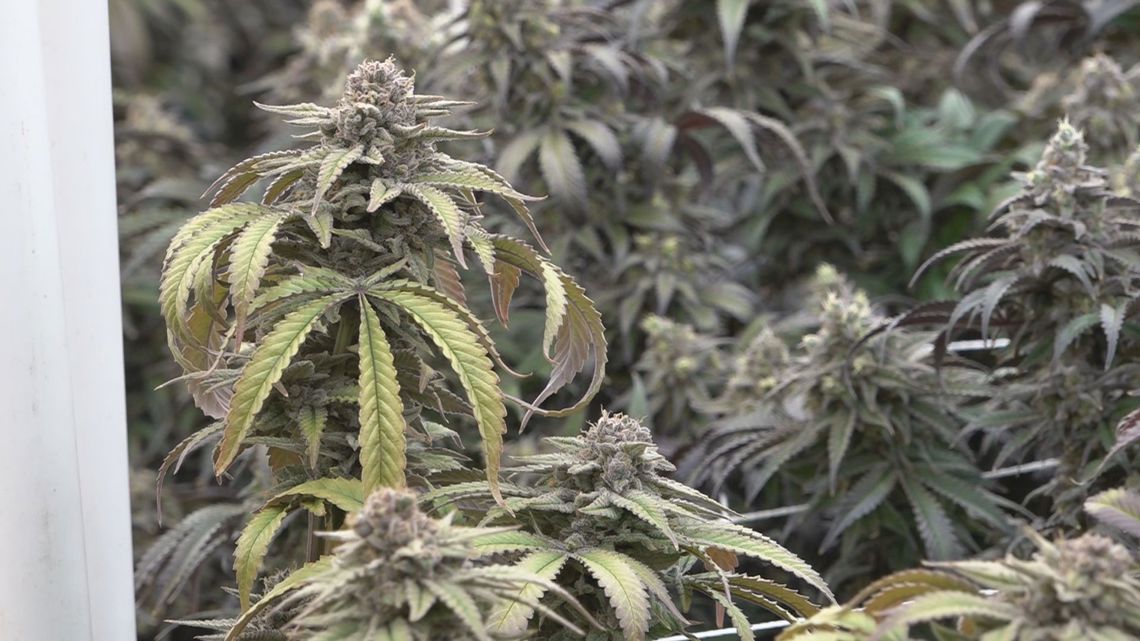MARYVILLE, Tenn. — In the midst of possible restrictions on the sale of THC-A products, an East Tennessee hemp farmer said he’s been preparing for changes in laws and will adapt his business.
On Thursday, a bill banning the sale of THC-A passed in the Tennessee Senate and is headed to the Republican Governor Bill Lee’s desk. The bill would also give regulatory powers to the Tennessee Alcoholic Beverage Commission.
One East Tennessee hemp farmer and owner of Rush Farms, Ryan Rush, said he may take some of his operations to the other side of the Great Smoky Mountains.
“All the THC-A stuff that we do would go to North Carolina, and we would have employees going over there three or four times a week for that,” Rush said. “I’ve been preparing myself for quite a few years to have to step up and increase our production.”
Rush said around 70% of his sales come from THC-A products that soon will be pulled from shelves, including pre-rolls, wax, vapes and flower.
He also said edibles will most likely not be impacted, due to their dry weight of total THC. Those productions could stay on his farm in Maryville.
SB 1413, sponsored by Senator Richard Briggs (R – Knoxville), passed with 23 “ayes” and 9 “nays” on Thursday. It’s the companion bill to HB 1376.
The day before it was voted on in the House, an amendment was added to HB 1376 that prevents the sale of hemp that contains a total THC content, or a total theoretical THC content, of more than 0.3% when measured by weight. This would include most THCA products because it’s a precursor of THC.
For businesses like the Hemp House, Andy Chesney said those products make up a third of his sales. But at other stores like the BLOM Shop, Travis McKinney said it makes up 75 to 80% of his sales.
“A lot of the money will be going out of the state of Tennessee,” Rush said. “Just out of our local economy, one, but then two, also the taxes that they’re gonna lose.”
Because THC-A is federally protected by the 2018 Federal Farm Bill, passed by President Donald Trump, many people, Rush said, will buy from out of state and ship it to their door in Tennessee.
He said his business will be fine because he can outsource some of his operations to North Carolina, but others in the state might not be as lucky.
“Some businesses that do not have that ability are unfortunately gonna have to close their doors,” Rush said. “Maybe they just don’t have the actual ability to uproot a portion of their business.”


